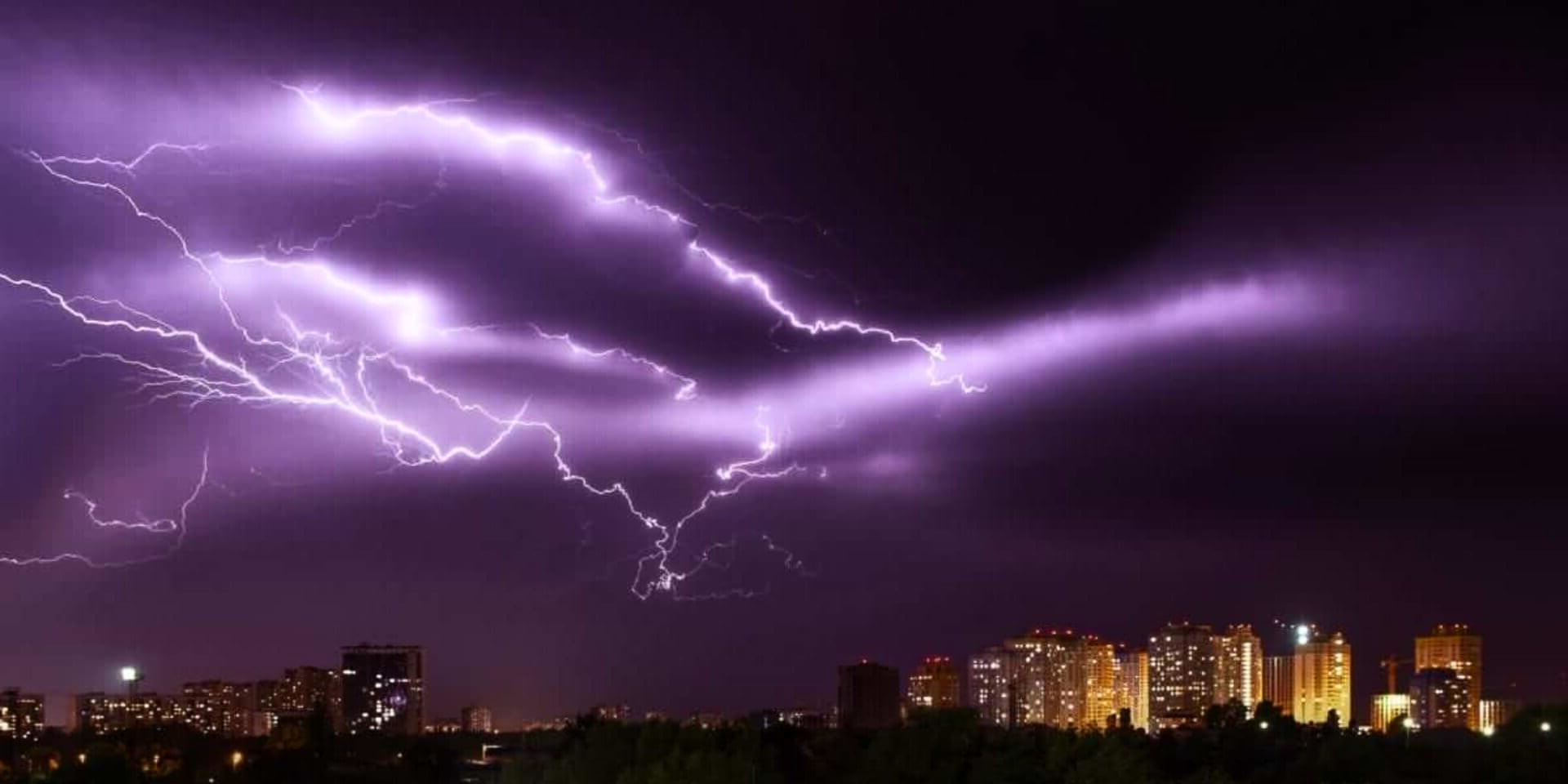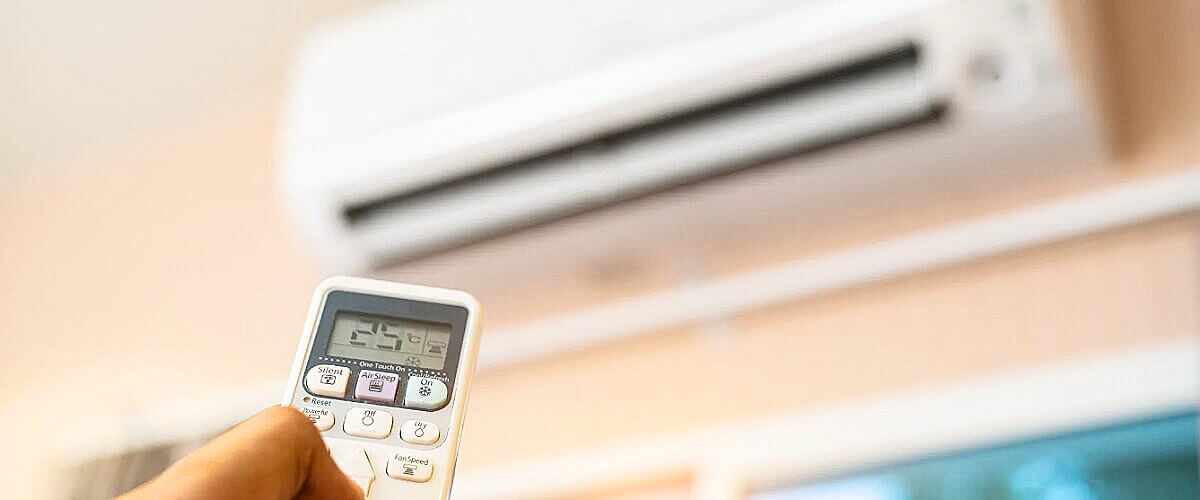- Comments Off on Can You Use Your Air Conditioner During a Thunderstorm?
Can You Use Your Air Conditioner During a Thunderstorm?

When a thunderstorm rolls in, cooling off with your air conditioner might seem essential, especially during warmer months. However, storms bring risks such as lightning, high winds, and power surges, which can affect household appliances, including your AC. While it may seem safe to keep your AC running, there are some good reasons why experts advise turning it off during particularly intense thunderstorms.
Risk of Power Surges and Lightning Damage
One of the biggest risks during a thunderstorm is a power surge caused by a nearby lightning strike. Lightning can trigger a sudden increase in the electrical current flowing through power lines, potentially overloading and damaging any electronic appliances connected to the grid. Air conditioners are especially vulnerable because they have complex electrical components that aren’t easily repaired and can be costly to replace.
While some homes have whole-house surge protectors or surge protectors specifically for large appliances, even these measures don’t provide foolproof protection against the intensity of a lightning strike. Unplugging your AC or switching it off at the breaker during a severe thunderstorm is the best way to ensure it doesn’t suffer irreversible damage. When the storm passes, you can safely turn it back on and enjoy its cool air.

Moisture and Humidity Concerns
During thunderstorms, humidity levels rise dramatically, which can put additional strain on your air conditioning system. Excess moisture in the air makes it harder for your AC to dehumidify your space effectively, potentially causing it to work overtime. In some cases, the cooling coils in the unit may become too cold and freeze up, reducing the AC’s ability to function efficiently. Allowing the unit to rest during the storm can prevent it from straining under the challenging extreme humidity conditions.
Additionally, high winds and rain can sometimes force moisture or debris into the external AC unit, interfering with its performance or, over time, even damaging its internal parts. Powering off the system during the storm, you minimize these risks and help maintain the unit’s long-term reliability.
